Ensuring Safe and Caring School Communities
Duration: 8 hours
In today’s digital age, it is integral to establish a feeling of connectedness throughout your school community.
Description
Schools, school districts, and community agencies continually seek ways to make every student feel valued, respected, safe, and connected. Using a trauma-informed lens with best practice from the fields of Violence Prevention and Intervention, this training provides participants with a deeper understanding of how to create, measure, and evaluate school connectedness. The positive development of school climate and culture ensures school communities where students feel safe, accepted and respected regardless of their gender, race, culture, religion, or sexual orientation.
This training will include:
- The relationship between school culture/climate and school safety
- The importance of the physical environment in schools
- The difference between peer conflict, mean behavior, and bullying behavior
- Successful intervention strategies and tools to address different types of bullying
- Effects of bullying behavior on children and youth
- How to manage social media and the evolution of sexting behavior and sextortion
- Trauma-informed practice – what is trauma, and how does it impact youth?
- The importance of staying connected with high-risk and vulnerable youth and monitoring changes in behavioral baseline
- Criteria for program selection and implementation (i.e., social-emotional learning)
- How to design and strengthen School Codes of Conduct
- How to design for diversity and difference to address homophobia, racism, and systemic racism
Hear from Past Participants
Related Products
Request a Customized Training
Get in touch with any questions, training requests, and more!




